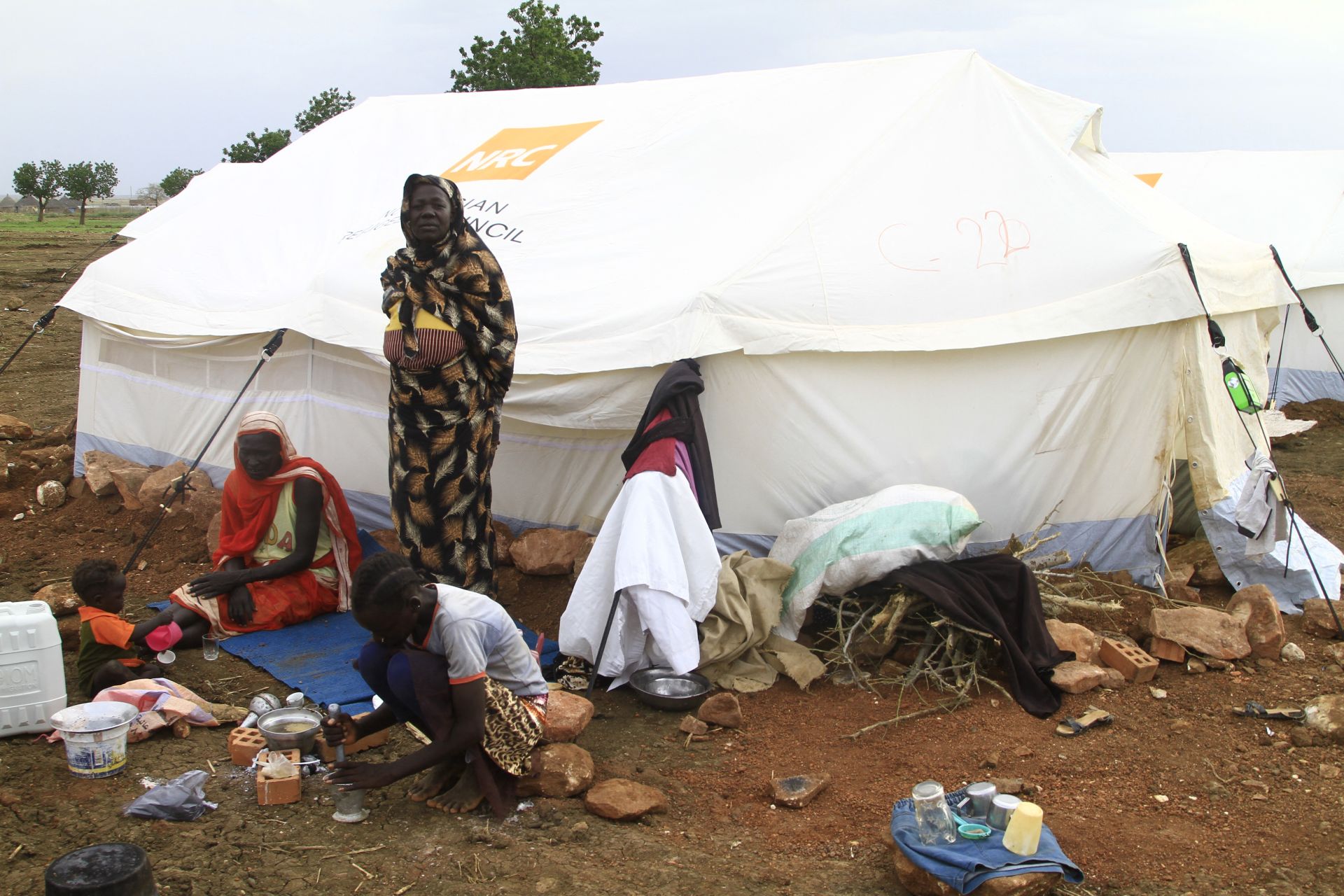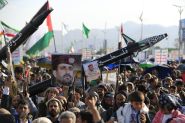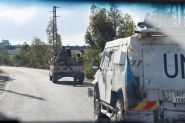- Home
- Middle East
- Sudan: 3.2 Million Children at Risk of Severe Malnutrition Warns UNICEF

Women and children sit outside their tent, set up at a camp for internally displaced Sudanese from Sennar state, in the al-Huri district of Gedaref city in the east of war-torn Sudan on July 14, 2024 ©AFP
This year, 3.2 million children under the age of five are at risk of acute malnutrition in Sudan, an East African country devastated by a conflict between two warlords, according to the United Nations Children's Fund (UNICEF).
"Among them, about 772,000 children are at risk of severe acute malnutrition," Eva Hinds, UNICEF Sudan's advocacy and communication officer, told AFP on Thursday evening. This is the deadliest form of malnutrition.
In general, limited access to medical care and clean water, poor hygiene, inappropriate feeding practices, especially for infants, children, and women, as well as food insecurity, are the main structural causes of acute malnutrition, according to UNICEF.
Famine has already struck five regions in Sudan, according to UN agencies relying on a recent report from the Integrated Food Security Phase Classification (IPC) system.
The IPC predicts that famine will spread to five additional districts in Sudan's western Darfur region by May, a vast area that has experienced the worst violence of the conflict.
Moreover, 17 other regions in western and central Sudan are also at risk of famine.
"Without immediate and unhindered humanitarian access enabling a significant scale-up of the multisectoral response, malnutrition is likely to worsen in these areas," Hinds added.
Sudan has been gripped by a violent conflict for 20 months between the army and the paramilitary Rapid Support Forces (RSF), a war that has killed tens of thousands of people, displaced 12 million, and pushed the country to the brink of famine.
The United Nations has described the situation as the world's largest displacement crisis.
The Sudanese government, aligned with the army, has denied famine reports, while humanitarian aid agencies complain that access is blocked by bureaucratic obstacles and ongoing violence.
Both the army and the RSF have been accused of using famine as a weapon of war.
Read more



Comments